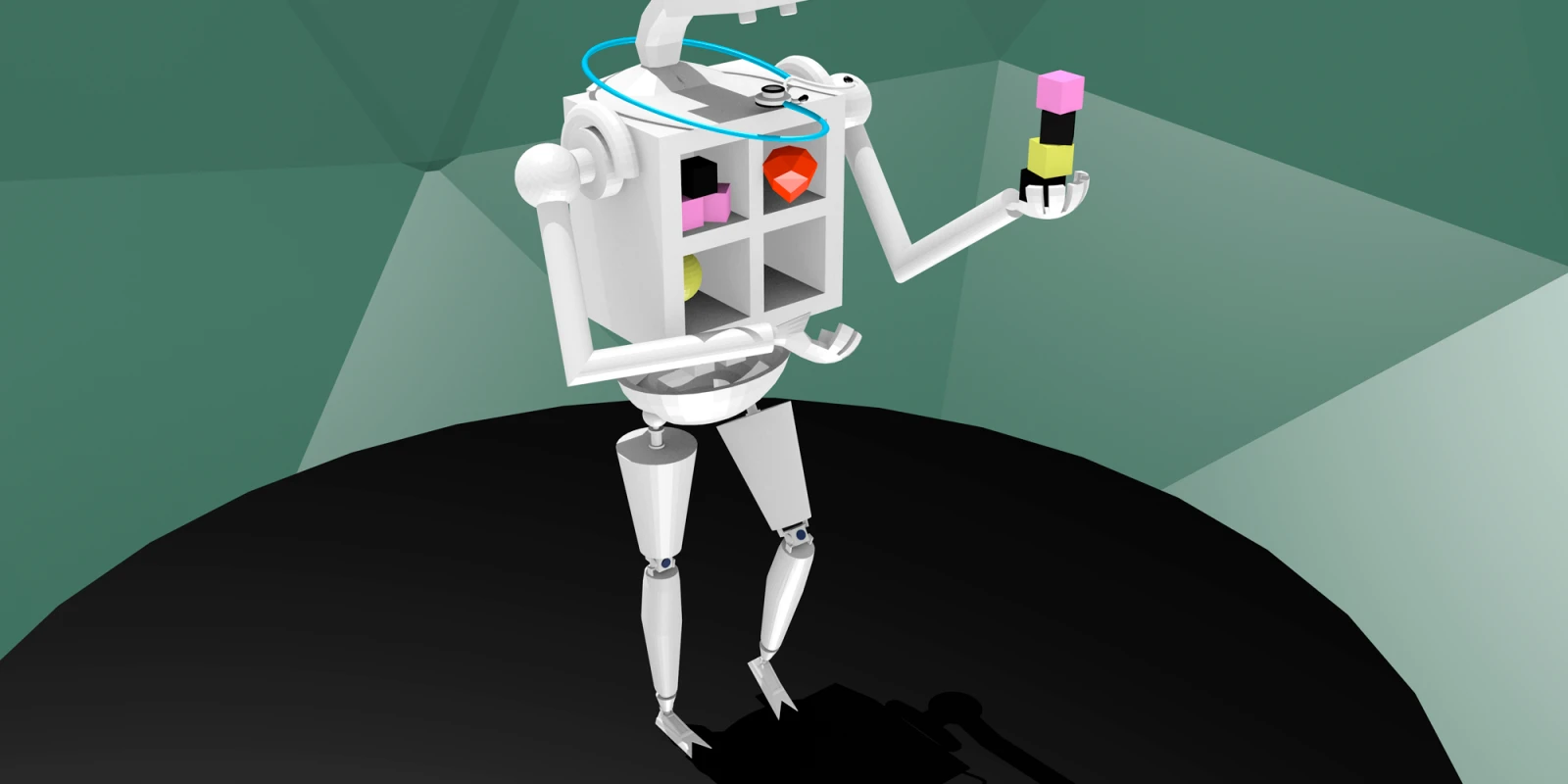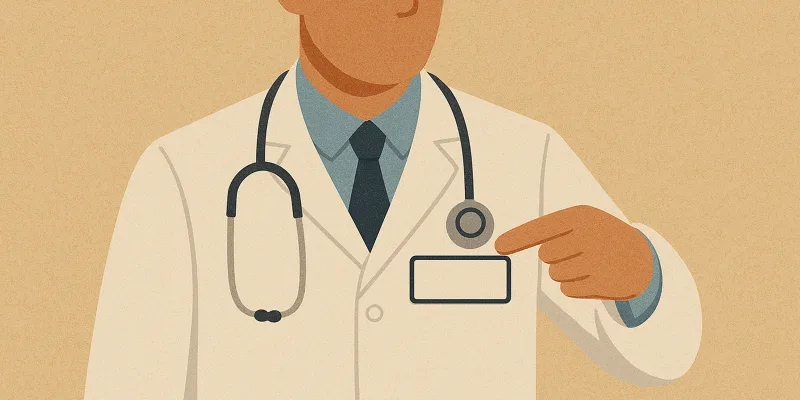
Is it strange that I am surrounded by people all day and still feel overwhelmed with sadness and stress?
It is hard to admit, but I have found myself disconnecting from my patients as an act of self-preservation. I used to pride myself on my communication skills and my ability to connect with just about anyone. However, over this past year as an attending, I have been disappointed to realize that my patient-doctor interactions have been lacking. My Press-Ganey scores have been less than stellar and I have had many patients request a new cardiologist, to name a few examples.
My response to this negative feedback has been to close myself off. I now enter patient rooms with my guard up. I will not let myself feel too many emotions for my patients. My new efforts have been focused on building a very strong foundation in my cardiology knowledge rather than my ability to build bonds with my patients. It is as if I am defending myself against the emotional toll that past rejection has taken on me. I would rather not have a connection than to let myself be vulnerable.
When I brought this up with a senior cardiologist, his response was that it would not be sustainable for me to remain closed off — that I would not have a fulfilling career this way. However, I am starting to question whether this is true. On the one hand, the human side of medicine is lost when I become a robot, but on the other hand, I am able to protect myself from the pain of rejection. As with any relationship, there is a give and take, but I struggle with the amount of sacrifice the patient-doctor relationship is asking of me.
Another question lingers in the back of my mind: Am I just being too sensitive? Is it normal to have all these feelings? For example, there are times that I feel unappreciated by my patients. I feel like just a means to an end. At times, it seems like my patients have already come in with a plan in mind and I am only there to execute the plan. If they do not get what they want then I am fired and they move on to someone else.
I want to tell my patients that I understand that you are your own advocate and want the care you believe you need, but it is not as simple as listing a battery of tests of your choosing; it is a conversation. A moment to discuss what the workup and treatment should be.
The unfortunate outcome of all of this is that now my guard is up so much that it is difficult to let beautiful moments happen between my patients and me. I feel as if I am cold inside when I walk into the room. I never envisioned I would feel this way and I am not exactly sure where I took a wrong turn, but I can see it happening and do not know how to change the course. I love what I do and want to touch the lives of all those I care for.
So, how do I not let the negative moments overshadow all my patient experiences? Is there a way to prevent losing myself in all of this?
There are plenty of solutions to burnout being developed, but I cannot really say this is burnout. I worry that as I disconnect from the people I care for that I risk only seeing people as data points. I do not have the solution to the problem at this time, but I recognize it and I hope to make small changes each day to regain my humanity.
I choose to be vocal about the topic because I feel that it can go unspoken or swept under the rug. Sometimes, physicians blame themselves for not being as “successful” as they thought they would be, but maybe how we measure success and view ourselves as physicians is limited. I am more than a Press-Ganey score. It is ok that not all my patients love me. This does not make me a bad physician. Maybe it is the re-framing of how I see myself as a physician that will help me cope with difficult patients.
Therefore, even though I probably will never be the same wide-eyed, first-year medical student I was 10 years ago, I have learned a lot through my challenges. Each time I get back up and try again, it is a testament to my resilience.
Fola Babatunde, MD is a cardiology fellow at the Washington University School of Medicine in St. Louis. She graduated from Harvard Medical School and completed her residency at Duke University Medical Center.
Dr. Babatunde is a 2018–19 Doximity Author.
Illustration by Jennifer Bogartz






